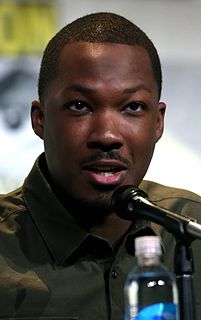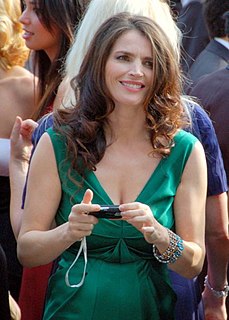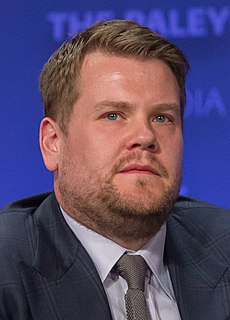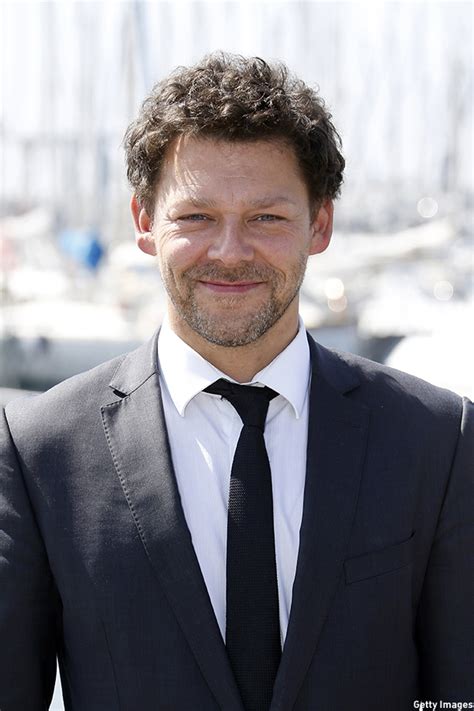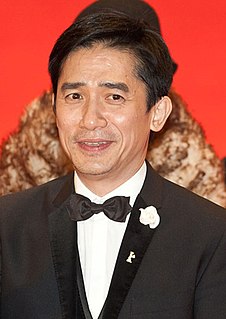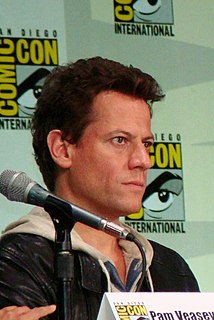A Quote by Carey Mulligan
It makes it easier, if you can't do an American accent. I don't know. It's different. I played a character in Never Let Me Go where the script for my character was very sparse, and I enjoyed it. With Never Let Me Go, I had a whole book written from my character's point of view, so I always knew where I was. But, with Ryan [Gosling], it was just easy. He's such a brilliant actor and he is so prepared. He doesn't have to warm himself up to be in a scene. He's just in it. It draws you in, in a way.
Related Quotes
There was one film that I really wanted. This was a long time ago; it was a film called 'Fracture.' Ryan Gosling ended up doing it with Anthony Hopkins. It wasn't a giant box-office success, but I really enjoyed the script, and I enjoyed the character. I got pretty close and was kind of disappointed it didn't go my way.
If you think of even Tolstoy or a book like 'Anna Karenina,' you go from character to character, and each section is from the third person perspective of a different character, so you get to see the whole world a little more kaleidoscopically that way. That's traditional narrative manner, and I haven't done a book like that before, but I enjoyed it.
If you do a black character or a female character or an Asian character, then they aren't just that character. They represent that race or that sex, and they can't be interesting because everything they do has to represent an entire block of people. You know, Superman isn't all white people and neither is Lex Luthor. We knew we had to present a range of characters within each ethnic group, which means that we couldn't do just one book. We had to do a series of books and we had to present a view of the world that's wider than the world we've seen before.
As an actor, you don't want to know the beginning and end to your character's arc. It makes it more fun. You're not playing the end. You're playing it realistically. You don't know where this character is going to go and what's going to happen to him, which just makes it more interesting for the viewers to watch. They're going on the journey with you, as the actor and the character.
Whatever character you play, whatever film it is, whatever story it is, for me, in my training it's always something that gives you a layered character, it's understanding the secret of that character, and so whatever comes up as "Oh, I thought that person was that," you are always carrying that within you. So actually what you're playing all the way through is both and it's just what comes out in the scene or the circumstance.
When I'm writing, I try to have the mask of my character on as I'm walking through the world. When I'm not at my desk, the rest of the time, I try to stay in that character and see the world the way that character would It's almost like method acting in a way — keeping the character close the way the actor keeps a script close and always tries to be in character.
You've got to just let it go and know that other people are enjoying the fact that you've fallen over. It makes you feel better about the next time you laugh when you see another person fall over. These things go in cycles; someone has to fall over at some point, even the coolest man on earth. Ryan Gosling has fallen over...once. He has! It's just a fact, Ryan Gosling has fallen over and we should all embrace that.
I never like to judge the character. I just have to leave my feelings of pity, or fear, about a character - whatever I feel towards the character, I try to leave to one side. It's good to have them, but it doesn't help me. I can't act those things. I just to play the character as truthfully as I can.
It's really an organic sort of process. You start off with the character on the page. You fall in love with that character and you have to represent that character well and I think it's just an evolution there. Using the accent and speaking the lines with the accent in fact opens the door to who the character really is.








